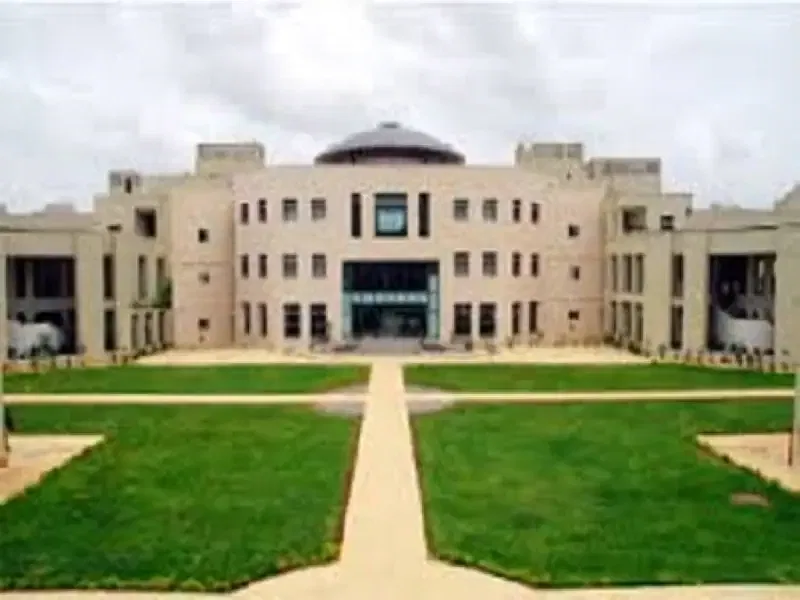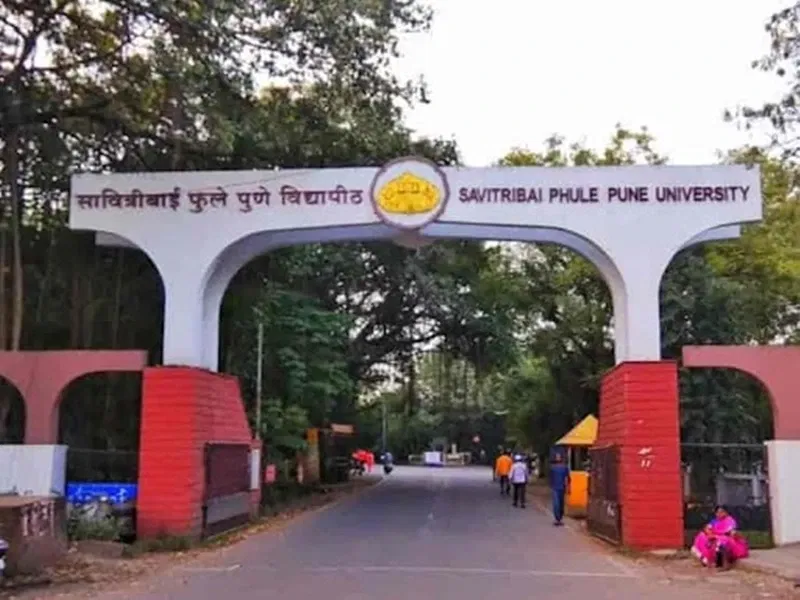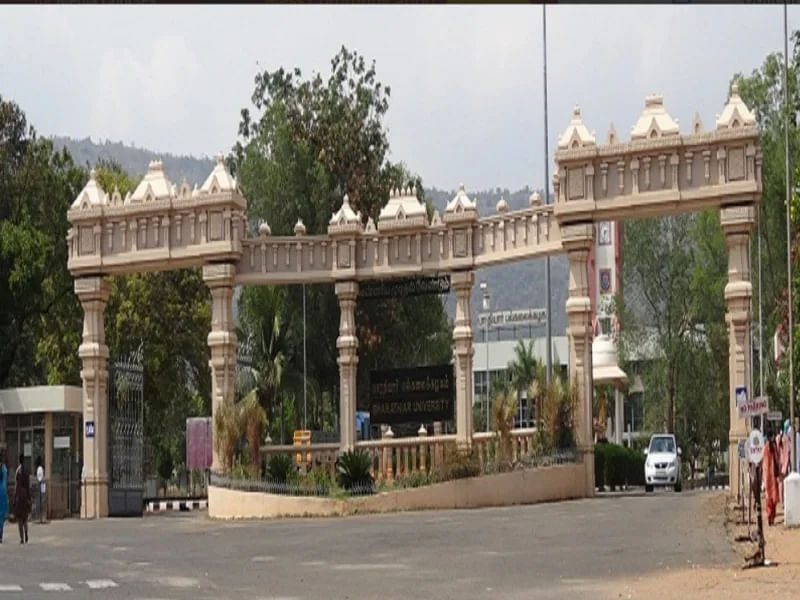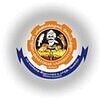M.Sc Microbiology Syllabus and Subjects

The MSc Microbiology program covers various subjects such as virology, enzymology, microbial genetics, and more. It is a two-year course divided into four semesters that aims to provide candidates with both theoretical and practical skills needed in the industry. After graduation, MSc Microbiology job opportunities open to roles such as Microbiologist, Research Associate, Chief Hygienist, etc.
Table of Contents
Semester-Wise MSc Microbiology Syllabus
The MSc Microbiology syllabus focuses on enzymology, virology, biostatistics, dairy microbiology, agricultural microbiology, fermentation techniques, etc. The first-year syllabus deals with the foundational topics of the course, along with some general electives. The discipline-specific electives are offered only on the second-year syllabus. A semester-wise breakdown of the M.Sc Microbiology Syllabus is listed in the tables below.
First Year MSc Microbiology Syllabus
In the table below is M.Sc Microbiology 1st sem Syllabus and 2nd sem syllabus:
|
Semester I |
Semester II |
|
Principles of Microbiology |
Eukaryotic Microbiology |
|
Bioenergetics and Molecular Enzymology |
Recent trends in Virology |
|
Biomolecular Structures & Their Interactions |
Microbial Physiology and Metabolism |
|
Principles of Biochemistry |
Recombinant DNA Technology |
|
Microbial Cell Biology |
Molecular Immunology |
|
Bioinstrumentation |
Biotechnology and Genetic |
MSc. Microbiology 1st Year Practicals
In MSc Microbiolgy Syllabus for 1st Year, following practicals are offered:
- Microbial Cell Biology
- Bioenergetics and Molecular Enzymology
- Applied Mycology and Phycology Lab
Second Year MSc Microbiology Syllabus
In the table below is M.Sc Microbiology Syllabus for 3rd and 4th semester:
|
Semester III |
Semester IV |
|
Fermentation and Bioprocess Engineering |
Virology |
|
Bioprocess Engineering and Technology |
Medical Biotechnology and Gene Therapy |
|
Molecular Microbiology |
Immunology |
|
Proteomics and Genomics |
Fermentation Technology |
|
Environmental Microbial Technology |
Host-microbe interactions |
|
Regulation of Eukaryotic Gene Expression |
Pharmaceutical Microbiology |
|
Enzyme Technology |
Research Work |
MSc. Microbiology 2nd Year Practicals
In MSc Microbiolgy Syllabus for 2nd Year, following practicals are offered:
- Virology
- Fermentation Technology
- Enzyme Technology
MSc Microbiology Subjects
In MSc Microbiology subjects, there are three divisions; core, electives and practical, which cover range of topics from enzyme technology, Recombinant DNA Technology, to Bioprocess Engineering and Genomics. The list given below provides in detail ablut M.Sc Mircrobiology subjects.
MSc Microbiology Core Subjects
The list given below highlights the M.Sc Microbiology subjects as core subjects:
- Principles of Microbiology
- Principles of Biochemistry
- Molecular Immunology
- Eukaryotic Microbiology
- Diversity of life forms and environmental applications
- Proteomics and Genomics
- Fermentation and Bioprocess Engineering
- Bioenergetics and Molecular Enzymology
MSc Microbiology Elective Subjects
The list given below highlights the M.Sc Microbiology subjects as electives:
- Enzymes and Reaction Kinetics
- Biostatistics
- Entrepreneurship
- Science Journalism
- Techniques of Downstream Processing
- Agriculture and Soil Microbiology
MSc Microbiology Lab Subjects
The list given below highlights the M.Sc Microbiology subjects as Lab subjects:
- Principles of Microbiology-Lab
- Principles of Biochemistry-Lab
- Bacterial Diversity-Lab
- Recent trends in Virology Lab
- Enzyme Technology
- Microbial Cell Biology
- Microbial Physiology and Metabolism-Lab
MSc Microbiology Subjects In Detail
M.Sc Microbiology Subjects deal with a range of topics that cover the course's foundational, skill-based, and practical aspects. The table given below sheds light on some of the topics:
| MSc Microbiology Subjects | Topics |
| Principles of Microbiology | History of development of Microbiology; Binomial Nomenclature; Haeckel‟s three kingdom classification; Woese‟s three kingdom classification systems and their utility. |
| Bioenergtics and Molecular Enzymes | Carbohydrate catabolic pathways and microbial growth on C1 Compounds, Bacterial fermentations (biochemical aspects) and Biosynthesis. |
| Principles of Biochemistry | Scope and importance of biochemistry; Classification, structure and function of carbohydrates; Enzymes, Metabolism. |
| Bioinstrumentation | Basic laboratory Instruments, Chromatographic techniques, Electrophoretic techniques, Spectroscopy. |
| Bacterial Diversity | Bacterial Classification, Organization of Bacterial Cell, Important archaeal groups, Eubacteria, Gram Negative. |
M.Sc Microbiology Course Structure
MSc Microbiology syllabus has a course structure consisting primarily of foundational subjects, discipline-based and skill-based electives, laboratory workshops, and seminars. While the course structure is generally the same, the syllabus may differ depending on the university. Below is an overview of the typical course structure.
- IV Semesters
- Core Subjects
- DSE Electives
- Skill Based Electives
- Project Submissions
- Lab Practicals
M.Sc Microbiology Teaching Methodology and Techniques
The teaching methodology for the M.Sc Microbiology syllabus is limited to classroom teaching and requires dynamic teaching techniques. Mentioned below are some of the teaching methodologies and techniques for the M.Sc Microbiology subjects:
- Conceptualized Learning
- Group Projects
- Academic Lectures
- Seminar Guest Lectures
- Professional Workshops
- Lab Practice with professionals
- Thesis submission
M.Sc Microbiology Projects
The MSc Microbiology syllabus includes projects that have a specific focus chosen by the candidates from the available subjects. These projects are crucial for the placement and graduation process. Some of the top microbiology project topics are listed below:
- Yogurt and microbial contamination
- High blood pressure patients and their relation to weight
- Soymilk as a beverage and microbiological quality control
- Public water tanks of India and their bacteriological analysis
- Control and prevention of intestinal schistosomiasis
M.Sc Microbiology Reference Books
The M.Sc Microbiology syllabus PDF can be found online, offering a wide range of reference books to study. Some of the reference books are listed below:
|
Name of the Books |
Authors |
|
Prescott’s Microbiology |
Sherwood, Wiley, and Woolverton |
|
Microbiology: Laboratory Theory and Application |
Leboffe and Pierce |
|
Microbial Biofilms |
Arindam Mitra |
|
Textbook of Microbiology |
DR Arora |
|
Medical Microbiology |
Pfaller, Rosenthal, and Murray |
Top M.Sc Microbiology Colleges
Top Science Entrance Exams
M.Sc Microbiology Fee Structure
FAQs on M.Sc Microbiology Syllabus and Subjects
Q: What are subjects in M.Sc microbiology?
Q: Is M.Sc microbiology easy?
Q: What is the future of MSc microbiology?
Q: What is the salary after M.Sc in microbiology?
























